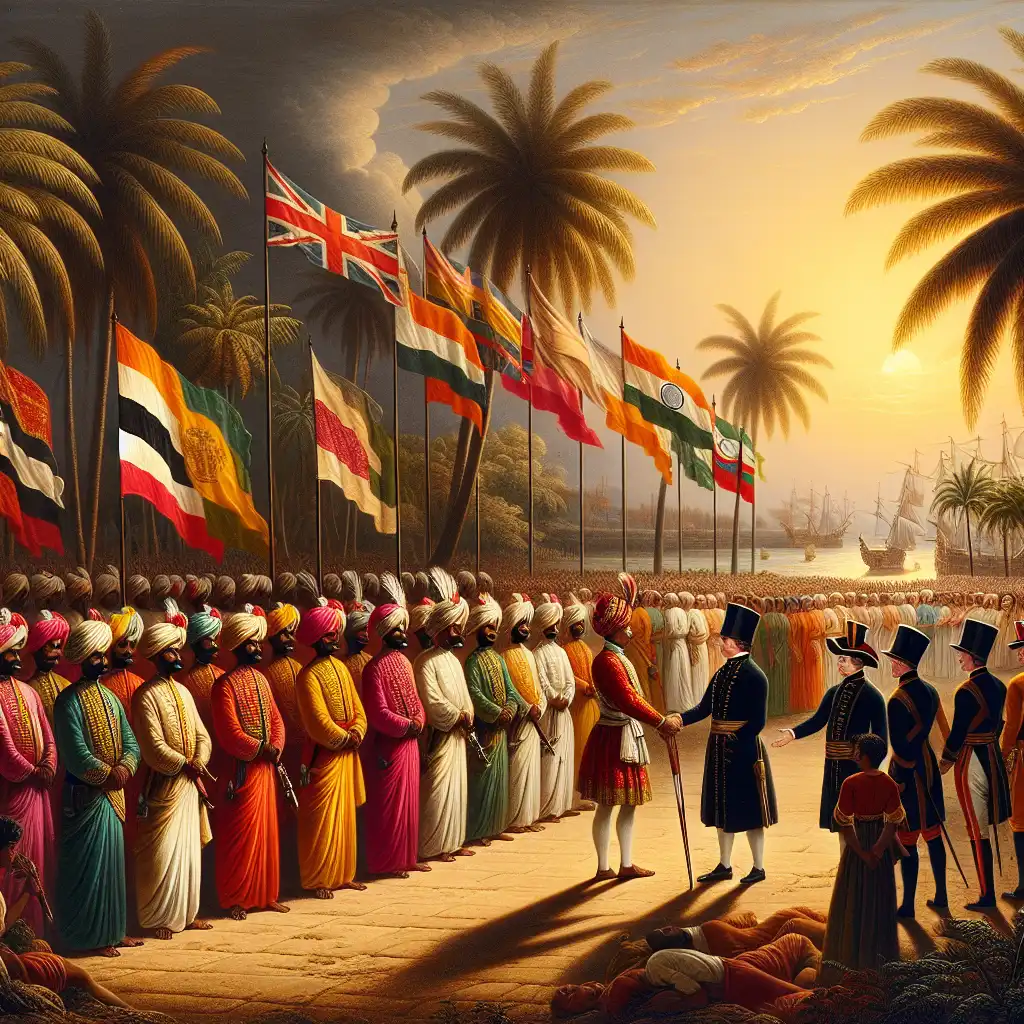
Sepoy
Historical Usage
The word 'sepoy' specifically refers to the historical context of colonial India.  The sepoys played a pivotal role during the British rule in India.
The sepoys played a pivotal role during the British rule in India.
Mutiny Association
'Sepoy' is often connected with the Sepoy Mutiny of 1857, a significant event in Indian history.  Her great-grandfather was a sepoy during the 1857 mutiny.
Her great-grandfather was a sepoy during the 1857 mutiny.
Employed by Foreigners
Saying 'sepoy' implies the soldier was employed by a non-Indian power, typically British or other Europeans.  Numerous sepoys were recruited by the British East India Company.
Numerous sepoys were recruited by the British East India Company.